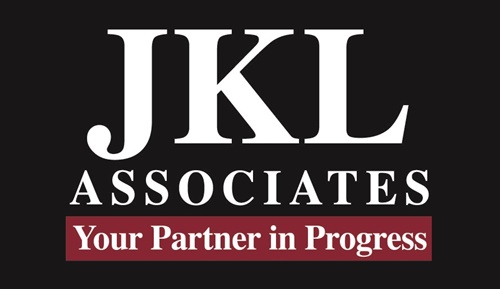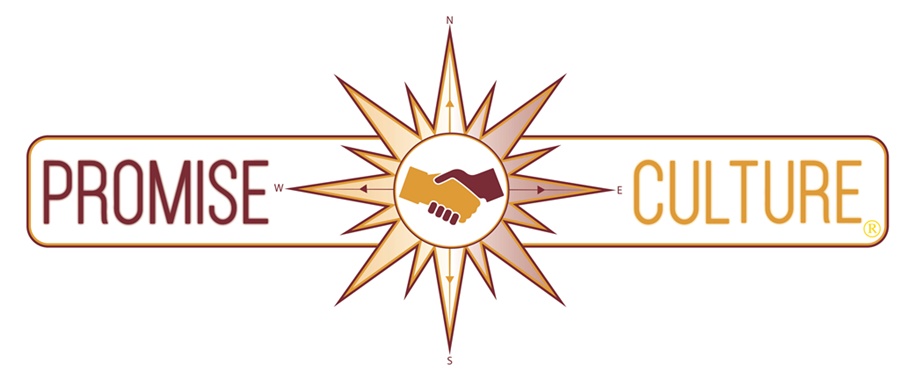Most leaders have heard the framework of “Plan—Do—Check—Act.” It has been around for many years and has been reworded to fit into a variety of approaches to helping organizations be more successful. It has been used and applied over the years because it is straightforward at its core.
Unfortunately, good models, approaches, frameworks, processes, etc., can sometimes be dismissed because they are not the most recent thing coming out of the perceived think tanks of success. Leaders get into the mode of chasing the latest and potentially greatest new approach to bring about a new level of success in their organization. In some cases, the rate of trying something new leaves the staff confused and in pause mode because they are just waiting for the next new thing to be sprung upon them.
As we roll into 2025, we believe we are focused and aligned with our strategic plans and objectives. This is a great place to be moving forward productively. It actually is the initial set of steps in the PDCA model – the plan phase. The next movement of doing is where some organizations can get knocked off the rails of their plan. What starts out as a solid plan and the implementation begins, new and sometimes not so simple obstacles present themselves which require adjustment.
The “Do” phase is typically reiterative. An approach to moving forward commences, and stuff happens. As leaders, we need to understand this is part of the normal ebb and flow of progress. It really needs to be considered during the planning phase so proper time and deliverable expectations have built-in adjustability.
Additionally, the process is designed to “Check” the results of the actions taken in the “Do” phase and compare those outcomes to the expectations of the plan. By Checking the outcome as the process rolls forward, the people involved get timely feedback, allowing for smaller adjustments along the way rather than a big change closer to the end of the process.
As the approach of rolling out the plan and given processes goes through the first three steps—Plan—Do—Check—discoveries and adjustments are made. These new items need to be captured and “Acted” upon going forward. This is the phase where lessons learned are converted into future standard approaches for achieving the next level of success.
The entire PDCA cycle is naturally reiterative. Our business world is constantly evolving, and new options and challenges are and always will be placed in front of progress. Adopting and sticking with the PDCA or similar methods to approach quality growth can significantly increase your potential for achieving the best-desired outcomes for your organization and your people.
This week, consider your best method for moving your organization to its next best potential growth state. Can a standard PDCA approach contribute to everyone’s success?
Need a “Guide” to help align your growth processes? Give JKL Associates a call at FL (407) 984-7246 or MI (313) 527-7945
COPYRIGHT – JKL ASSOCIATES 2025
QUESTIONS OR COMMENTS – EMAIL US AT PARTNERS@JKLASSOCIATES.COM OR CALL OUR OFFICES – MI AT (313) 527-7945 FL AT (407) 984-7246
Celebrating 30 years of Delivering on “Promises”




